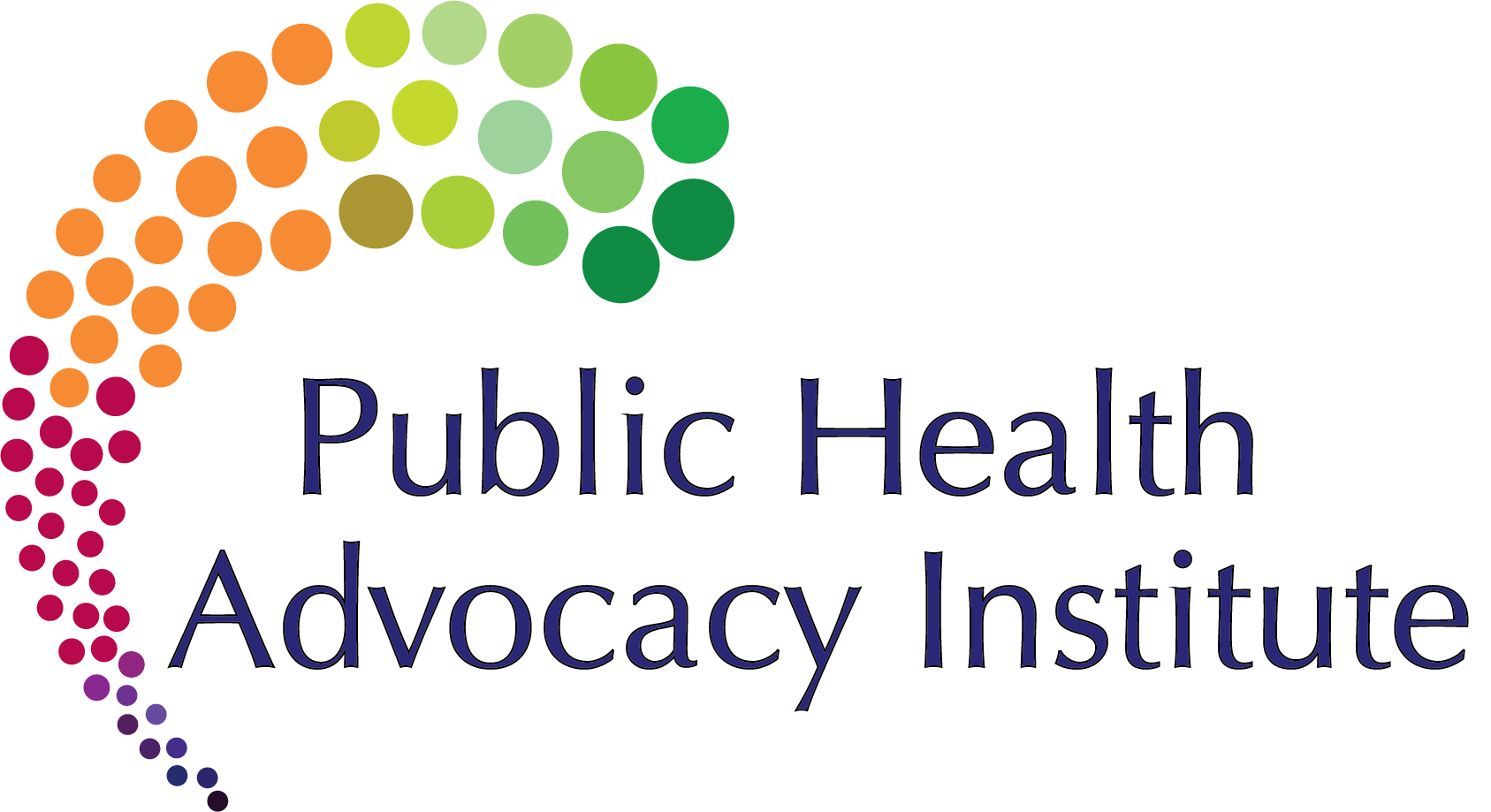PHAI documented the Massachusetts Attorney General’s Office’s 1999 passage of regulations to limit particular advertising and sales practices for cigarettes, cigars, little cigars and smokeless tobacco products. The goal of the regulations was to protect youth from the predatory marketing practices of the tobacco industry.
Shortly after the regulations were adopted and before they went into effect, tobacco manufacturers and retailers filed suit in federal court challenging most of the regulations based on preemption and First Amendment grounds. The U.S. Supreme Court struck down the outdoor and point-of-sale tobacco advertising restrictions were struck down.
We gleaned several conclusions form this case study. First, proponents were willing to persevere and take risks, including the risk of setting an adverse legal precedent, in order to limit the tobacco industry’s ability to market its products to children. Their determination was motivated by a belief that challenging the industry advertising practices, especially those directed at children, was “the right thing to do” and supported by “good faith” legal arguments.
Second, the case study demonstrates the tobacco industry’s determination of the tobacco industry to challenge regulation.
Third, the case demonstrates the establishment of legal precedent that can constrain future public health decision-making. Some of the regulations at issue in this case may once again be the subject of a legal challenge to the recently adopted federal law granting the Food and Drug Authority extensive authority to regulate tobacco products, including advertising.
An initial court decision on the validity of FDA authority over tobacco cited the 2001 U.S. Supreme Court case as justification for limiting FDA authority. It appears that more recent empirical evidence linking youth smoking to advertising targeting adults may be pivotal to any future First Amendment legal challenges to tobacco advertising regulations.

